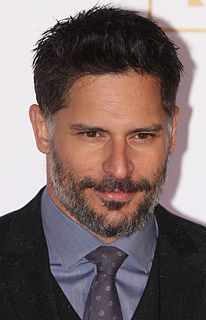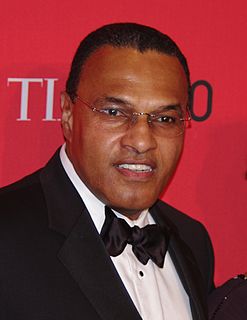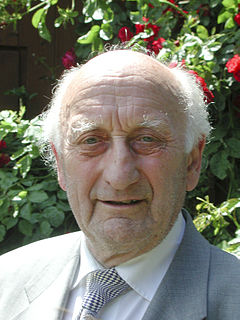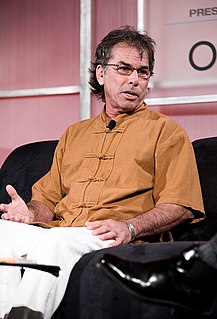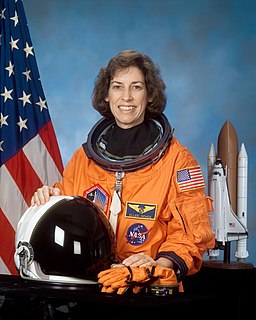A Quote by Joe Manganiello
I went to a school that's predominantly computer science and engineering. So, there's a real shortage of hot girls, let's say.
Quote Topics
Related Quotes
Shiv Nadar University has five schools with 16 departments offering 14 undergraduate, 10 master's and 13 doctoral programmes. The demand for engineering courses - computer science, engineering, electronics, communication engineering, mechanical engineering - is slightly on the higher side compared to other engineering courses.
The prerequisite that people have a scientific or engineering degree or a medical degree limits the number of female astronauts. Right now, still, we have about 20 per cent of people who have that prerequisite who are female. So hey, girls: Embrace the very fun career of science and technology. Look at computer science. That's what I did.
Engineering is not merely knowing and being knowledgeable, like a walking encyclopedia; engineering is not merely analysis; engineering is not merely the possession of the capacity to get elegant solutions to non-existent engineering problems; engineering is practicing the art of the organizing forces of technological change ... Engineers operate at the interface between science and society.
My high school, the Illinois Mathematics and Science Academy, showed me that anything is possible and that you're never too young to think big. At 15, I worked as a computer programmer at the Fermi National Accelerator Laboratory, or Fermilab. After graduating, I attended Stanford for a degree in economics and computer science.
